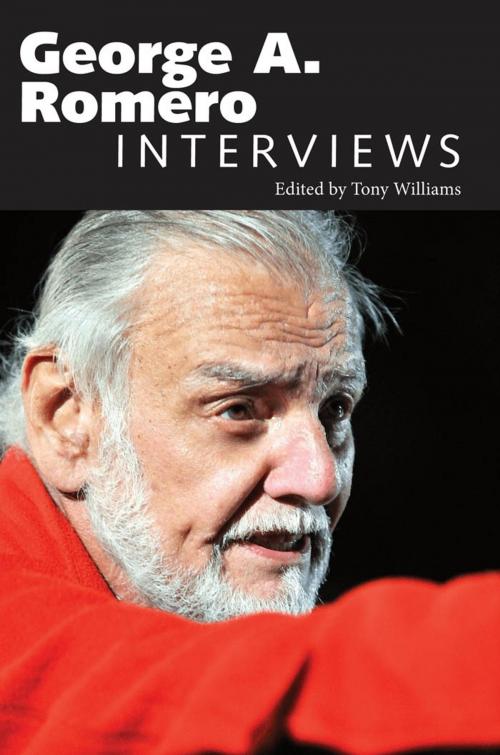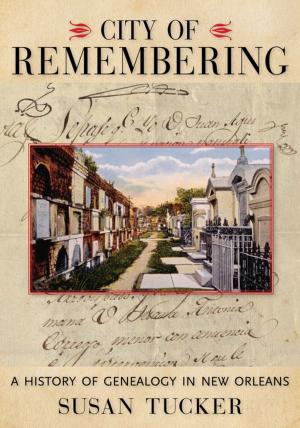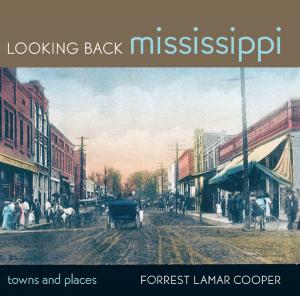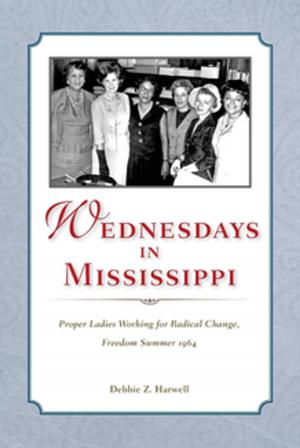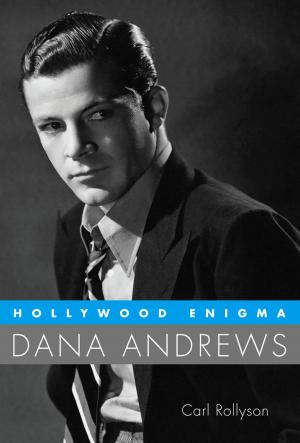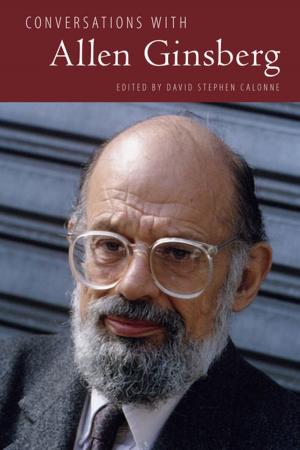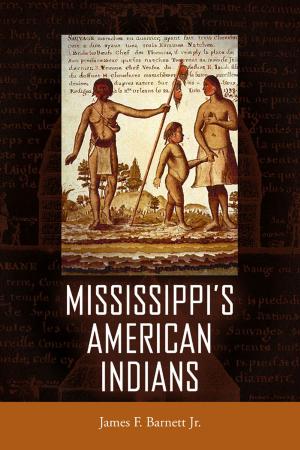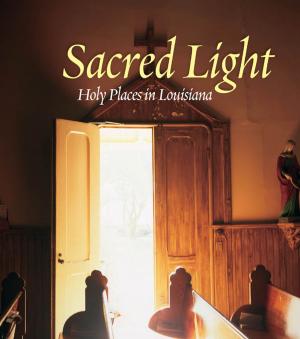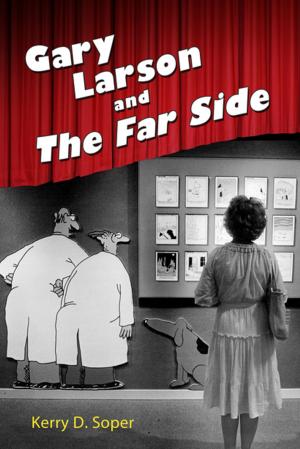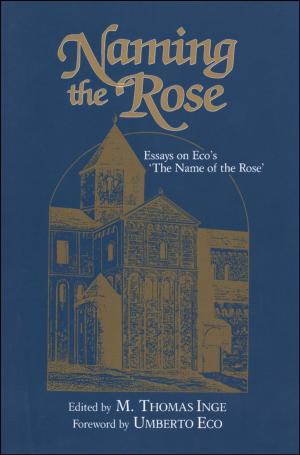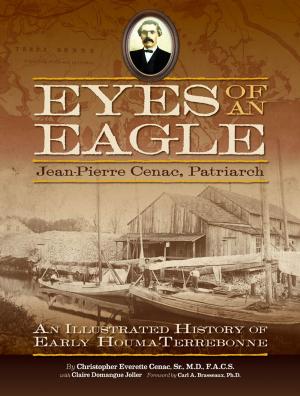George A. Romero
Interviews
Nonfiction, Entertainment, Film, Direction & Production, Performing Arts, Biography & Memoir, Entertainment & Performing Arts| Author: | ISBN: | 9781617030284 | |
| Publisher: | University Press of Mississippi | Publication: | July 7, 2011 |
| Imprint: | University Press of Mississippi | Language: | English |
| Author: | |
| ISBN: | 9781617030284 |
| Publisher: | University Press of Mississippi |
| Publication: | July 7, 2011 |
| Imprint: | University Press of Mississippi |
| Language: | English |
George A. Romero (b. 1940) has achieved a surprising longevity as director since his first film, Night of the Living Dead (1968). After recently relocating to Canada, he shows no signs of slowing up: his recent film, Survival of the Dead (2009), is discussed in a new interview conducted by Tony Williams for this volume, and still other films are awaiting release. Although commonly known as a director of zombie films, a genre he himself launched, Romero's films often transcend easy labels. His films are best understood as allegorical commentaries on American life that just happen to appropriate horror as a convenient vehicle. Romero's films encompass works as different as The Crazies, Hungry Wives, Knightriders, and Bruiser.
The interviews in this collection cover a period of over forty years. In whatever format they originally appeared-the printed page, the internet, or the video interview-these discussions illustrate both the evolution of Romero's chosen forms of technology and the development of his thinking about the relationship between cinema and society. They present Romero as an independent director in every sense of the word.
George A. Romero (b. 1940) has achieved a surprising longevity as director since his first film, Night of the Living Dead (1968). After recently relocating to Canada, he shows no signs of slowing up: his recent film, Survival of the Dead (2009), is discussed in a new interview conducted by Tony Williams for this volume, and still other films are awaiting release. Although commonly known as a director of zombie films, a genre he himself launched, Romero's films often transcend easy labels. His films are best understood as allegorical commentaries on American life that just happen to appropriate horror as a convenient vehicle. Romero's films encompass works as different as The Crazies, Hungry Wives, Knightriders, and Bruiser.
The interviews in this collection cover a period of over forty years. In whatever format they originally appeared-the printed page, the internet, or the video interview-these discussions illustrate both the evolution of Romero's chosen forms of technology and the development of his thinking about the relationship between cinema and society. They present Romero as an independent director in every sense of the word.
